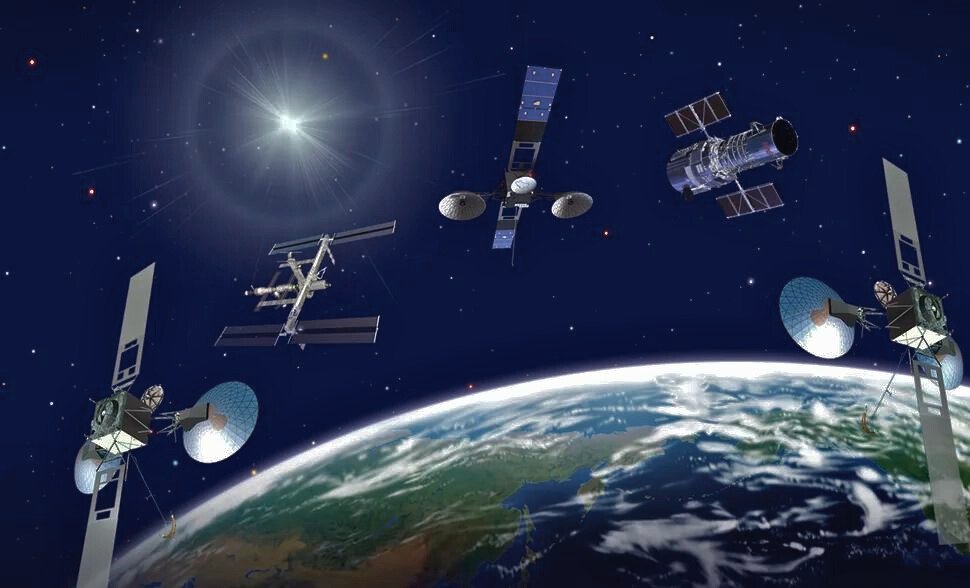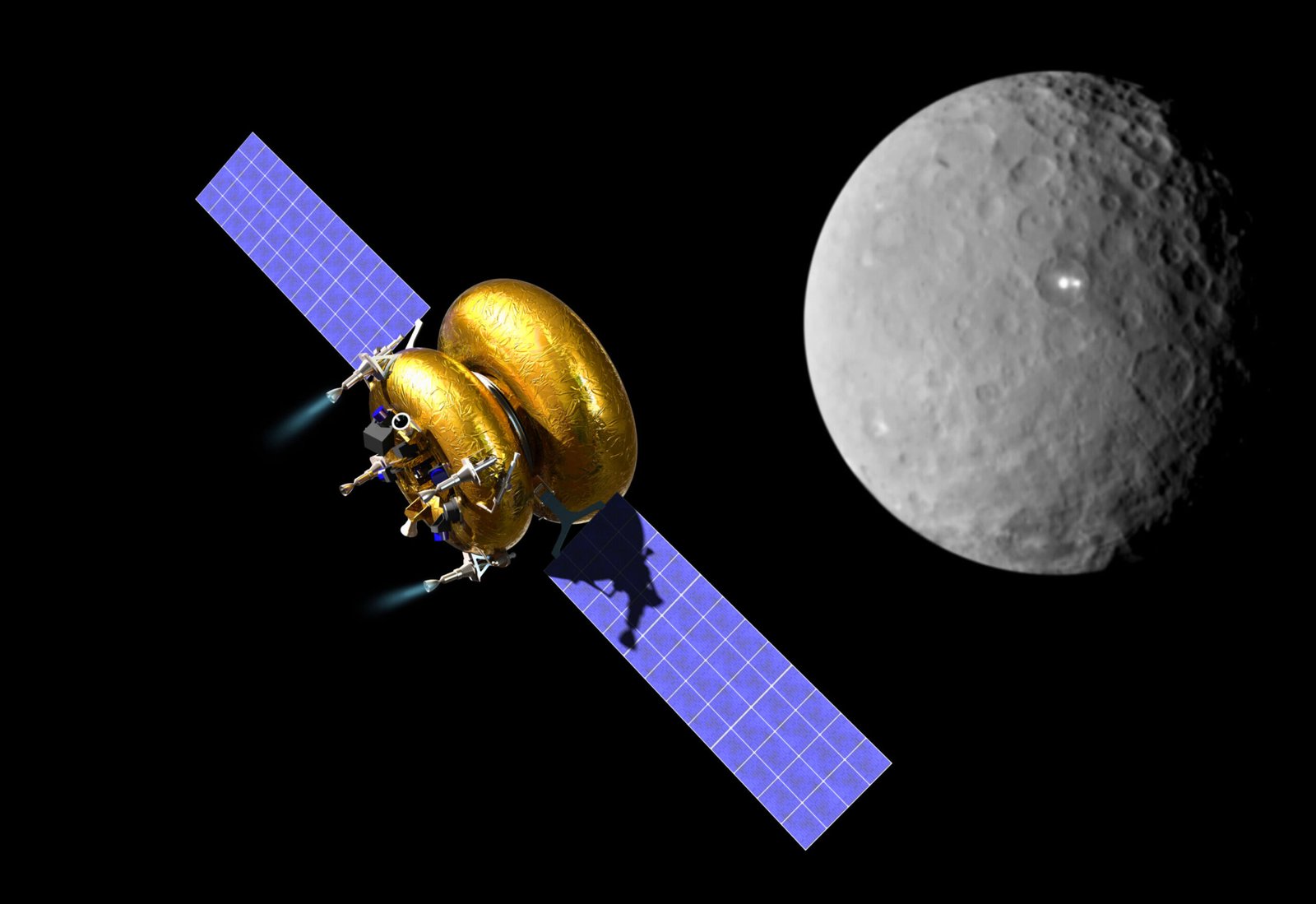Space Exploration Technology: Unveiling the Future of Cosmic Discovery

As we gaze up at the twinkling night sky, it’s easy to feel a sense of wonder and curiosity about what lies beyond our blue planet. With each passing year, advancements in space exploration technology bring us closer than ever to unlocking the mysteries of the cosmos. Imagine standing on the surface of Mars or peering into the swirling depths of Jupiter’s atmosphere, all made possible by cutting-edge innovations transforming our understanding of space travel.
The Rockets that Reach for the Stars

In the vast expanse of our universe, where twinkling stars beckon like gems scattered across a velvet sky, humanity has always yearned to reach beyond the confines of our blue planet. Imagine standing on the precipice of history, watching as colossal machines ignite with fiery determination, propelling us into realms once thought unreachable.
The Extraordinary Leap of Human Endeavor
From Dreams to Reality: Humans Achieving the Impossible Every Day!
It’s not merely about monumental achievements like space travel or groundbreaking medical advancements; it’s also found in everyday challenges transformed into opportunities for growth. Consider the relentless innovators who reimagine our relationship with technology, turning ideas once thought implausible into reality—smart devices that learn from us and bring a measure of comfort to our lives or AI systems that revolutionize industries by enhancing human creativity rather than replacing it.
Revolutionizing Space Travel: The Advent of Space Tourism

Imagine a future where your vacation itinerary includes a breathtaking view of Earth from the edge of space, where the vastness of the cosmos becomes as accessible as a weekend getaway. Welcome to the dawn of space tourism, a groundbreaking frontier that promises to transform not just travel but our very perception of adventure. Once relegated to the realm of science fiction, space tourism is now on the cusp of becoming a thrilling reality, thanks to innovative companies and visionary entrepreneurs who are charting new courses beyond our planet.
Satellites: Our Cosmic Messengers

Imagine gazing up at the night sky, where twinkling stars and distant planets whisper the secrets of the universe. Imagine a world where those celestial bodies become more accessible than ever thanks to the silent sentinels orbiting our planet: satellites. These remarkable machines are not just tools for communication or weather forecasting; they are our cosmic messengers, unlocking the mysteries of space while paving the way for burgeoning industries like space tourism. As private companies launch their fleets into orbit with dreams of whisking adventurers beyond Earth’s atmosphere, satellites play a crucial role in ensuring safe passage through this uncharted territory.
Space Telescopes: Peering into the Past

Imagine standing on a distant shore, gazing out at the vast ocean of stars that twinkle in the night sky. Each pinprick of light represents not just a sun but a story—a tale of cosmic evolution unfolding over billions of years. Welcome to the captivating world of space telescopes, where we are granted the extraordinary ability to peer into the past and unravel secrets that have long been hidden from human eyes. With instruments designed to capture faint whispers from the depths of space, these technological marvels allow us to witness events that occurred when our universe was still in its infancy.
Asteroid Mining: Resources from the Stars

Asteroid mining presents an extraordinary opportunity to tap into the vast resources that lie within our solar system, essentially transforming space into a new frontier for resource extraction and economic growth. With advancements in space telescopes peering into the past, we can now identify asteroids rich in precious metals like platinum and rare Earth elements. These celestial bodies act as time capsules, holding materials that have remained unchanged
The Promise of Nuclear Propulsion

Nuclear propulsion holds the tantalizing promise of revolutionizing how we explore the cosmos, significantly reducing travel time to distant celestial bodies while improving energy efficiency. Unlike traditional chemical rockets that rely on burning fuel for thrust, nuclear thermal and electric propulsion systems harness nuclear reactions to produce an immense amount of power. This paradigm shift could propel missions to Mars within weeks instead of months, shortening the journey and enhancing crew safety during long-duration spaceflights. Imagine astronauts reaching deep-space destinations not merely as a dream but as a tangible reality—this could open new avenues for exploration beyond our solar system.
Conclusions
Space Exploration Technology: Unveiling the Future of Cosmic Discovery
In conclusion, the advancements in space exploration technology are not only revolutionizing our understanding of the cosmos but also paving the way for a new era of discovery and innovation. From reusable rockets to advanced robotics and AI-driven missions, these technologies are making it increasingly feasible to explore distant worlds and unravel the mysteries of our universe. As we stand on the brink of interplanetary travel and potential colonization, the implications for science, humanity, and our future are profound. By investing in research and development, we can ensure that the next generation is equipped to carry forward this exciting journey into space. Let us embrace this momentous opportunity and support initiatives that will continue to push the boundaries of human knowledge beyond our planet.
FAQs: Unveiling the Cosmos
Q1: What is Unveiling the Cosmos?
Unveiling the Cosmos is a comprehensive platform dedicated to exploring astronomy, space science, and the wonders of the universe through articles, videos, and interactive content
Q2: What is space exploration technology?
Space exploration technology encompasses the tools, systems, and methods used to explore outer space, including spacecraft, satellites, rovers, and advanced propulsion systems
Q3: How does space technology benefit life on Earth?
Technological advancements from space exploration often lead to innovations in various fields such as telecommunications, weather forecasting, medical imaging, and environmental monitoring
Q4: What role do satellites play in space exploration?
Satellites provide critical data for Earth observation, communication, navigation, and scientific research by monitoring atmospheric conditions and gathering information about celestial bodies.
Q5: Are there plans for human missions to Mars?
Yes, both NASA and private companies like SpaceX are actively planning crewed missions to Mars within the next two decades to conduct research and potentially establish a human presence.
Why We Explore: A Shared Vision
This article aims to educate and inspire, to arouse curiosity about the possibilities that lie ahead of us in the vast reaches of space, and to foster a kind of faith in the abilities of human creativeness. We believe in the power of knowledge and the boundless potential of human curiosity.